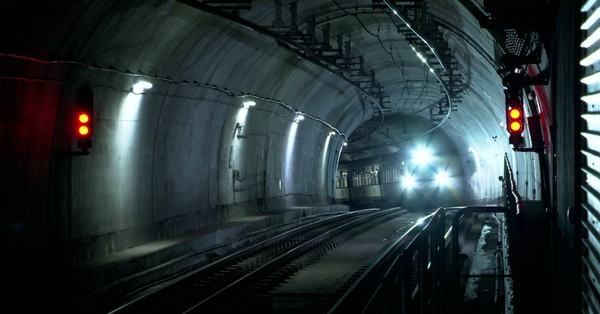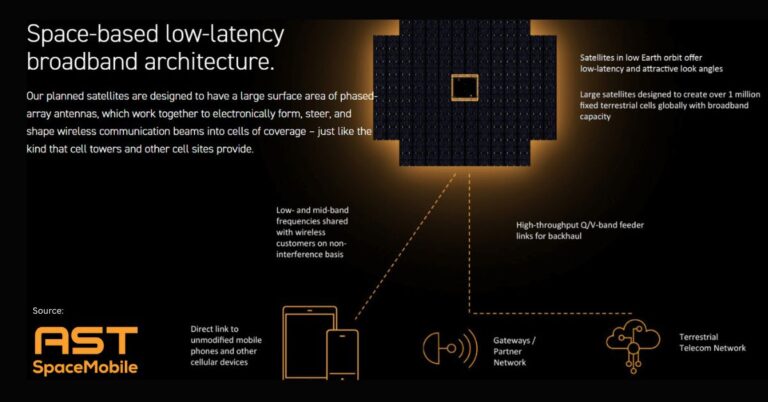Airlines for America (A4A) asked the Federal Communications Commission (FCC) to stop the wireless industry from turning on the 5G C-band spectrum near the airports on January 5, claiming that the FCC failed to provide a “reasoned analysis as to why it rejected the evidence that was submitted by the aviation interests.”
Last week, CTIA, A4A, and the Aerospace Industries Association issued a joint statement in which they announced that they were working together to share available data in order to identify particular areas of concern for aviation. The best technical professionals from both industries were said to be on the case, collaborating to find a “data-driven solution” that would enable the deployment of 5G C-Band near the airports without impacting the airline’s safety.
The A4A said the problem had not been resolved as of December 30, with just days remaining before 3.7 GHz license 5G operations are scheduled to begin, owing to the fact that the FCC has never explained why it rejected the evidence of 5G C-band “antenna interference’s detrimental impact on radio altimeters.”
“We are not requesting a full stop to new 5G service, but rather only a stay of commencement of operations in some designated airport locations,” A4A stated. It names more than 135 airports where it wants deployments of 5G C-Band to cease operating, including those in Detroit, Houston, New York, Chicago, and Los Angeles.
The A4A said in its filing that “Aircraft will not be able to rely on radio altimeters for numerous flight procedures and thus will not be able to land at certain airports.”
A4A noted that 5G C-band deployments would have disastrous consequences: Thousands of airline flights would be rerouted or canceled, millions of passengers and airline crew members would be displaced, time-sensitive shipments like Covid-19 vaccines and tests would be delayed. In addition, it predicted economic losses totaling more than $1 billion.
A4A said that “The disruptions to the 3.7 GHz licensees will not be to the existing operations, but rather to the rollout of a new service. Thus, any adverse impact will entail some delay in implementation of the new service, but will not impact ongoing operations.” Members of the public are unlikely to be substantially or adversely affected by such delay. By contrast, if the January 5 hearing is not stayed, virtually the entire American public will be significantly and severely affected.”
In a statement, CTIA SVP and Chief Communications Officer Nick Ludlum assured the public that the wireless industry plans to deploy 5G C-Band on January 5, as scheduled, utilizing the 5G C-band spectrum.
Accordingly to Ludlum, the claims have previously been investigated and dismissed by the FCC after a lengthy investigation, and the industry is still on track to begin offering C-Band 5G service on January 5. He further mentioned that although these allegations are baseless, the wireless sector, together with the FAA and FCC, remains optimistic about a positive outcome. The 5G network has been successfully tested in over 40 countries and can function safely and without causing harmful interference in the United States as well.
In a December 31 filing with the FCC, CTIA stated that 5G is currently authorized in several countries at power levels greater than what is permitted in the United States; these include Denmark, Finland, Ireland, New Zealand, Romania, and Spain. CTIA added, “Millions of passengers travel every year in these countries, with no impact on radio altimeter operations.”
“The sole study on which aviation stakeholders base their claims of coexistence in the United States, the RTCA Report, says that 5G deployments would cause severe interference to radio altimeters,” CTIA stated. “This study has been completely debunked by CTIA, which correctly so: if the predictions in the RTCA Report were correct, 5G deployments in dozens of countries would be producing significant adverse interference to thousands of planes every day. However, as the FAA has acknowledged, no harmful interference has been discovered to date in any of these countries, and targeted testing with radio altimeters in several nations has provided further proof for the viability of these services to coexist.”
The A4A urged the FCC to respond to its emergency request no later than noon ET on January 3, 2022. If it doesn’t, the organization said it would pursue “judicial or other relief” to avoid “immediate and irreversible safety risks” from interference to radio altimeters caused by the new 3.7 GHz 5G mobile services set to launch on January 5.
A bipartisan group of former FCC chairs had sent a letter to FCC Chairwoman Jessica Rosenworcel and Acting NTIA Administrator Evelyn Remaley, expressing their fears about the FAA’s efforts to revisit the FCC’s 2020 decision on C-band, which followed almost two years of study. They also said the debate shouldn’t be fought publicly in a way that damages consumer trust in the process or require months of extra wait. The letter was signed by former chairmen Ajit Pai, Tom Wheeler, Mignon Clyburn, Julius Genachowski, Michael Copps, and Michael Powell.








































